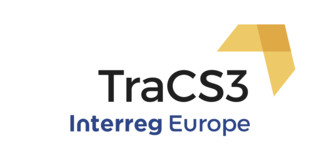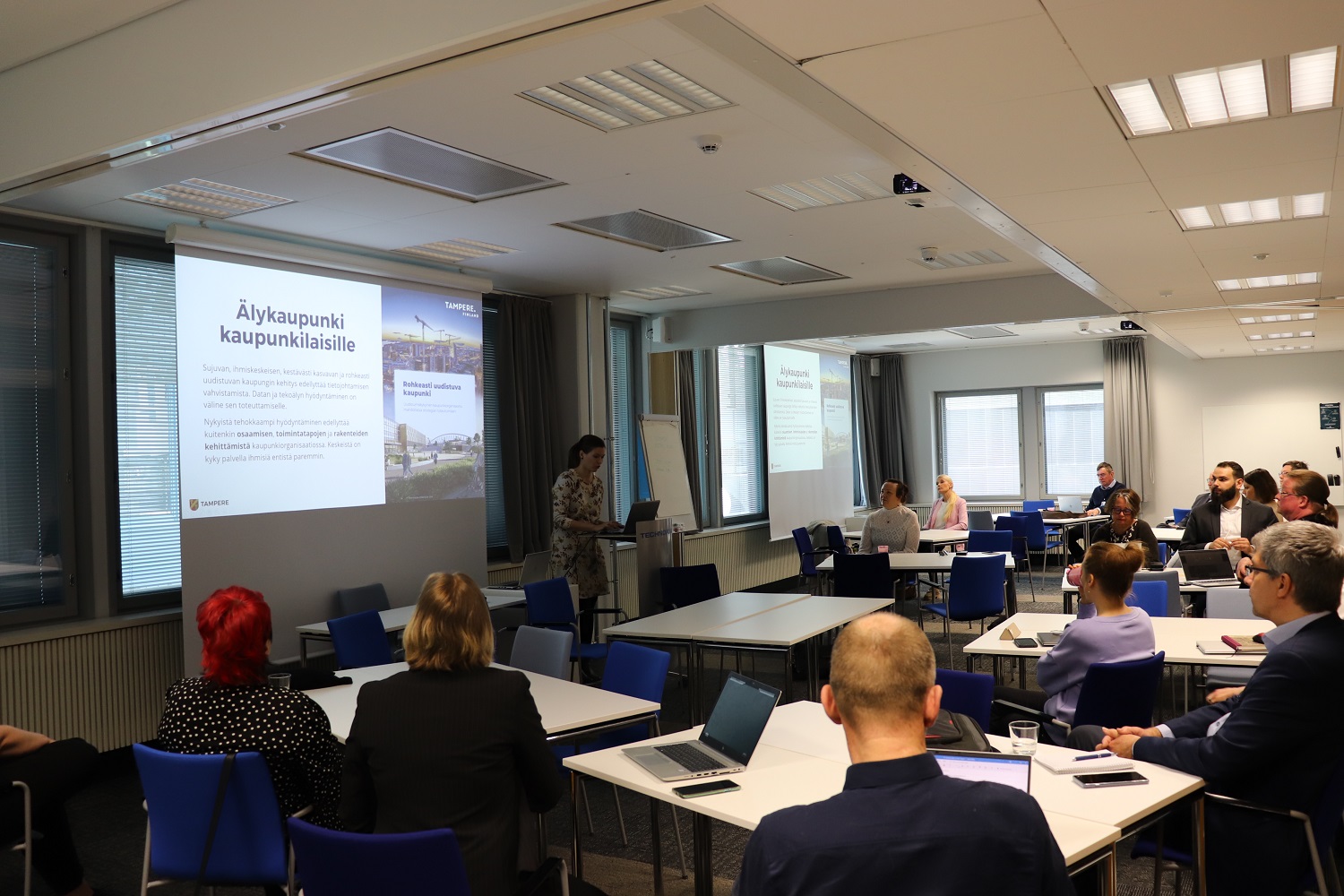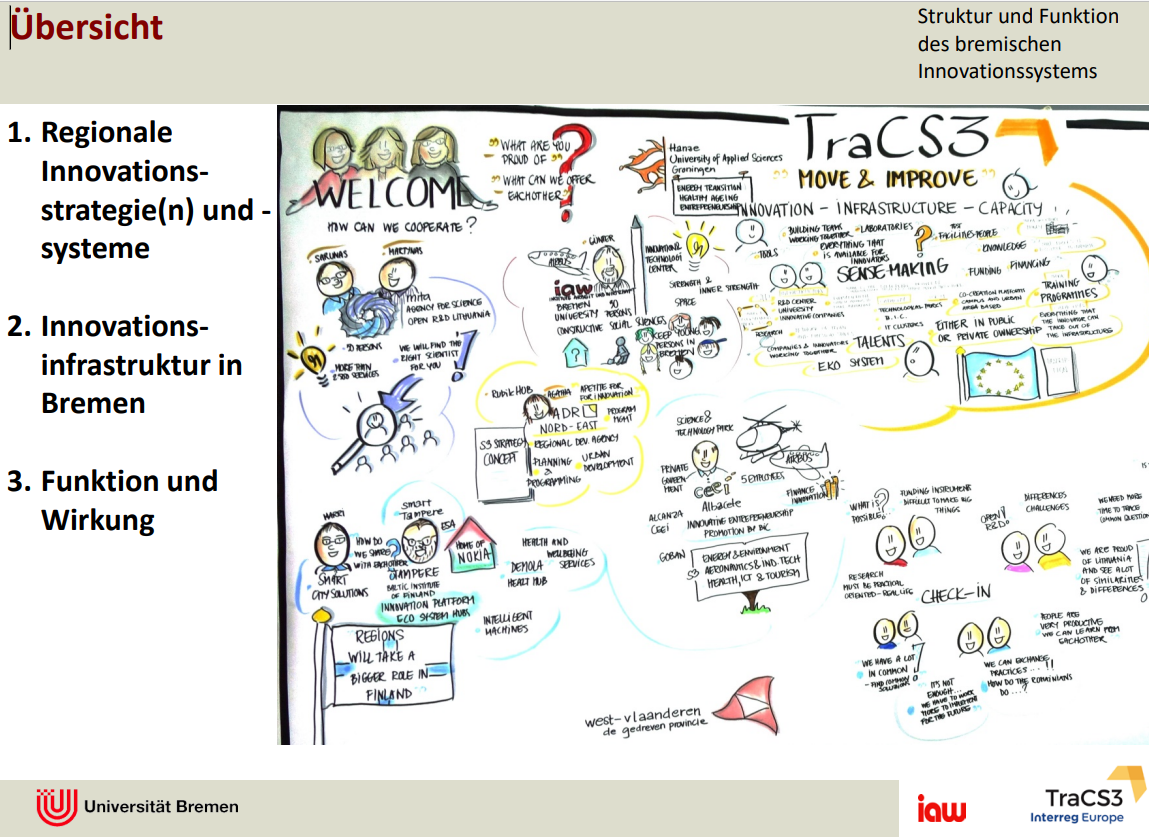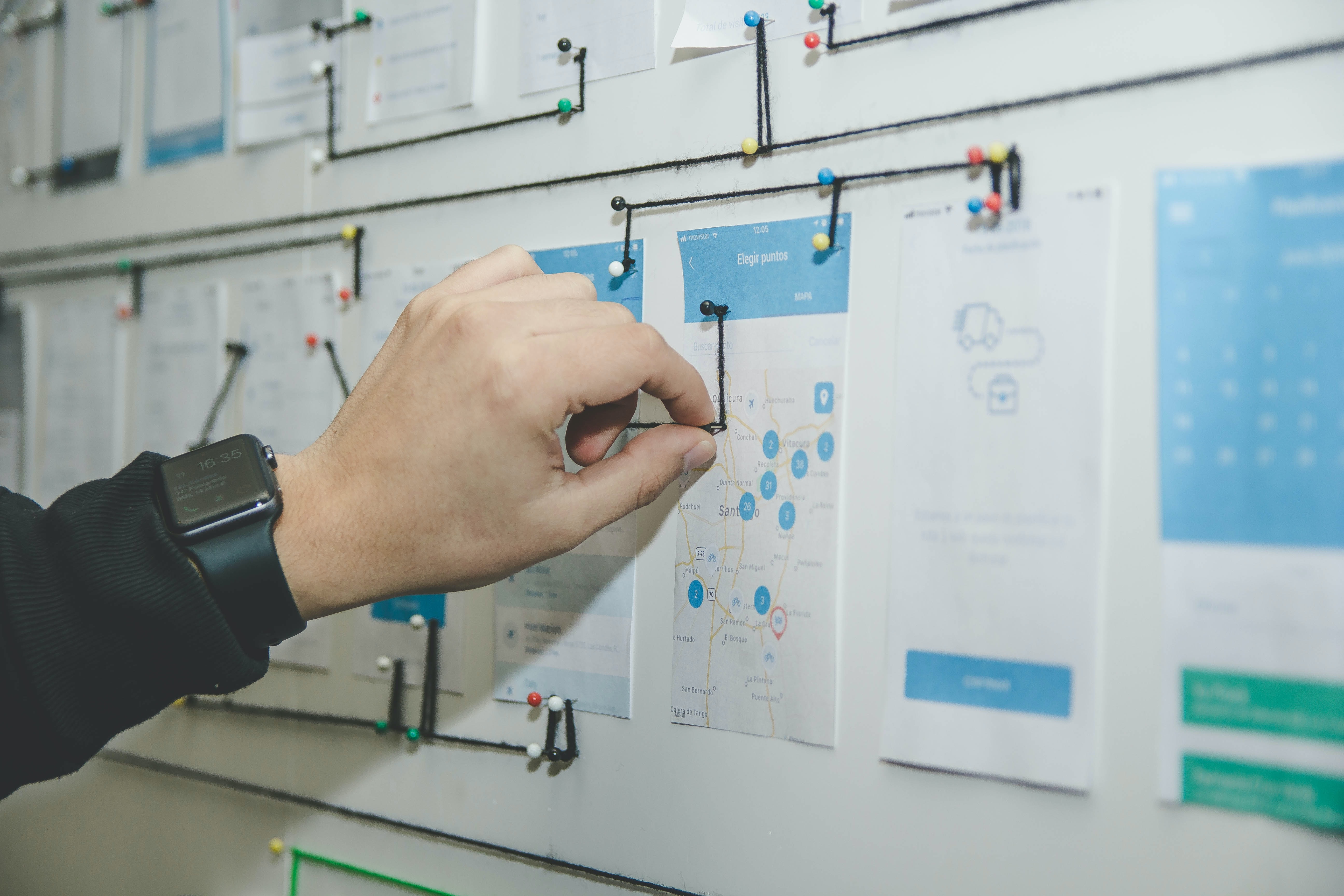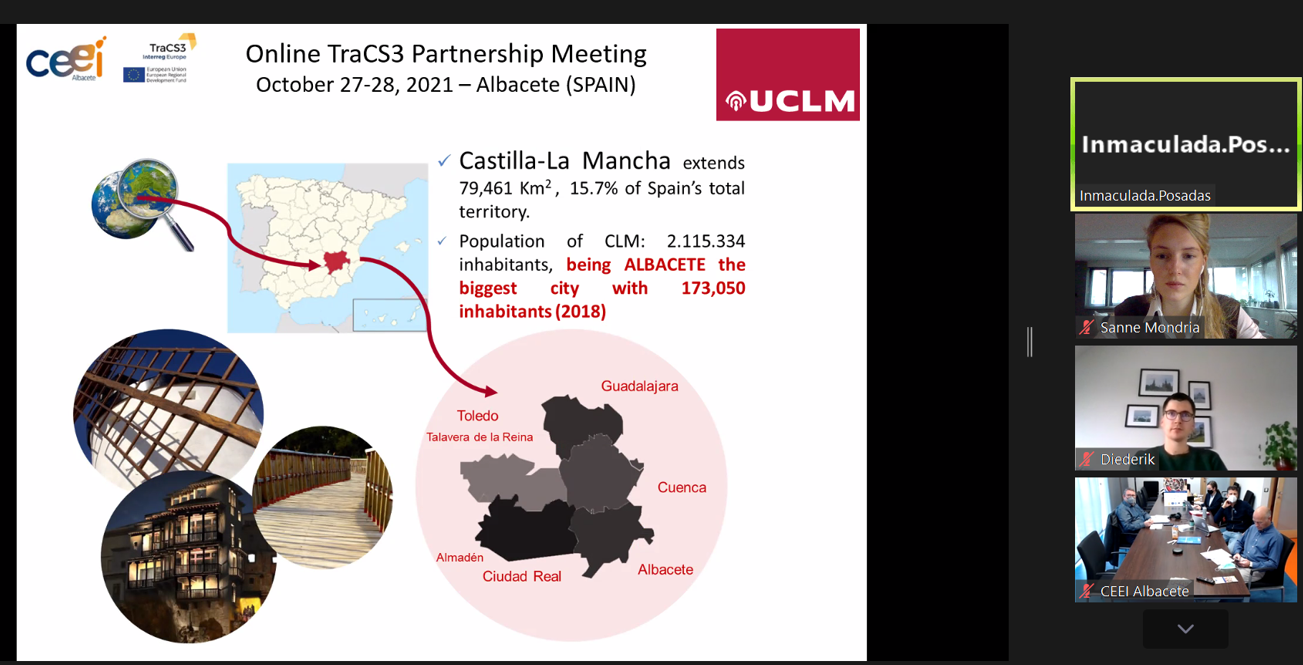The European TraCS3 project is aimed at improving regional innovation policies. To this end, seven partners from various regions are working together with the aim of learning from each other. West Flanders and the Northern Netherlands are two of the regions involved represented by the Province of West Flanders and Hanze University of Applied Sciences. Both partner organisations form part of the 'regional innovation infrastructures' of their respective regions. The objective of such infrastructures is to promote and facilitate innovations, particularly by SMEs. But does this actually happen in practice?
Regional innovation infrastructure
By way of an example, the Northern Netherlands has made considerable investments in testing and innovation labs, such as EnTranCe and Health Hub Roden, which focus on innovation in the areas of energy and health respectively. West Flanders has concentrated most of its efforts since 2013 on the further expansion of its innovation infrastructure, for example by developing the Flanders Mechatronics and Mechanical Engineering Centre. Both regions are focused on the further expansion of a high-quality innovation infrastructure that will deliver benefits including economic growth in the long term.
What do SMEs want?
Together, the education, public and business sectors form the triple helix that makes up the regional innovation infrastructure. Knowledge institutes (such as universities of applied sciences and research universities) and government bodies (such as provinces and municipalities) are all players in this ecosystem, together with the Northern Netherlands Alliance (Samenwerkingsverband Noord-Nederland, SNN) and POM West Flanders. But to what extent do SMEs, which constitute a significant part of the regional economy, actually use regional innovation facilities? This question is at the heart of the TraCS3 project.
The findings of an initial analysis of the infrastructure in the Northern Netherlands and West Flanders were such that these two project partners decided to join forces and conduct an in-depth investigation into the wishes and requirements of SMEs in their regions with regard to innovation infrastructure. The investigation is designed to find out which structure SMEs have in mind and how they want to use the innovation ecosystem to which they belong.
Recommendations to improve innovation policy
The results of the investigation will be announced in the spring of 2021, at which point they will be able to be incorporated into the recommendations that will form a part of the TraCS3 project. As part of the project, all seven partners will prepare action plans for better policies with regard to interregional cooperation, innovation infrastructure and improved regional innovation ecosystems. These action plans will be based on best practices in one or more partner regions.
Above and beyond that, West Flanders and the Northern Netherlands hope to foster a sustainable relationship and cooperation between the two regions in the long term. This is an early promising outcome of the TraCS3 project, which is a component of the Interreg Europe programme and will run until 31 May 2023.
